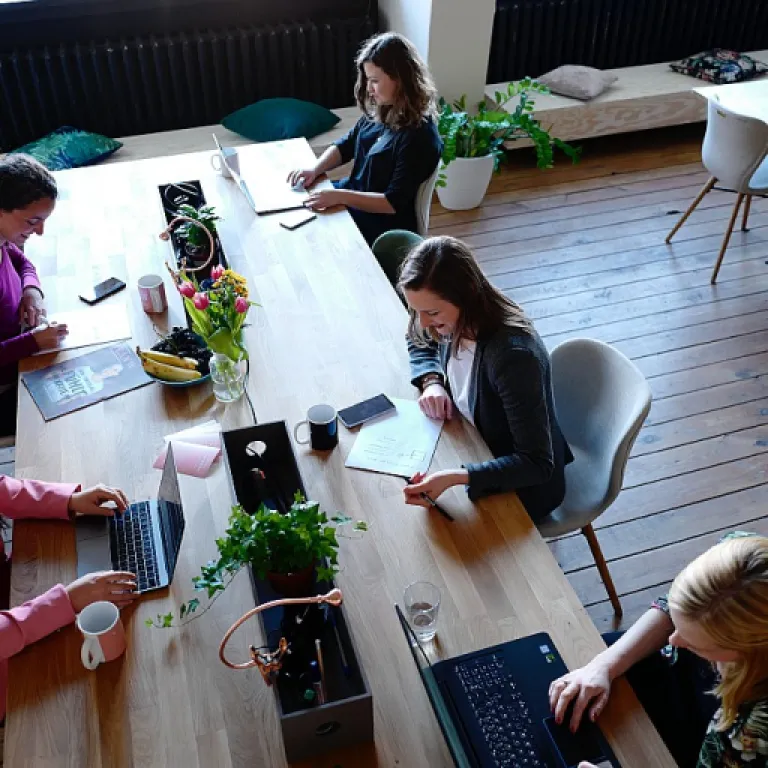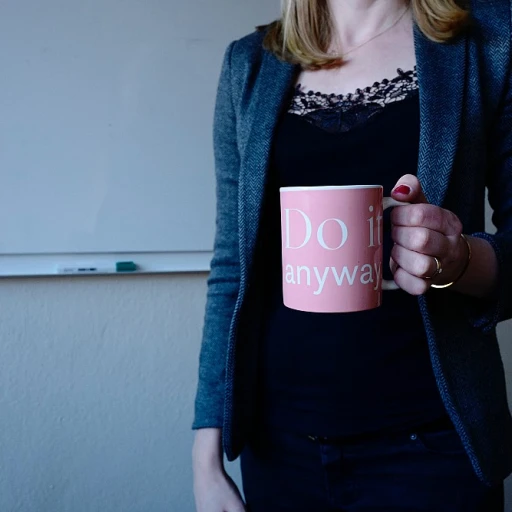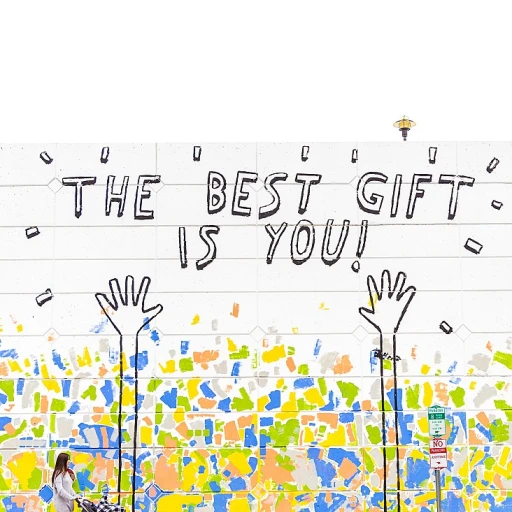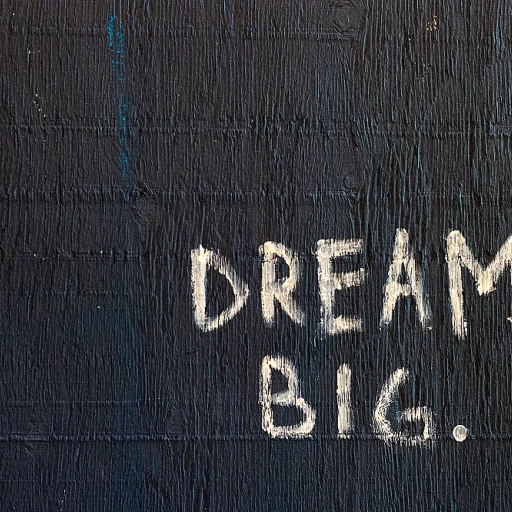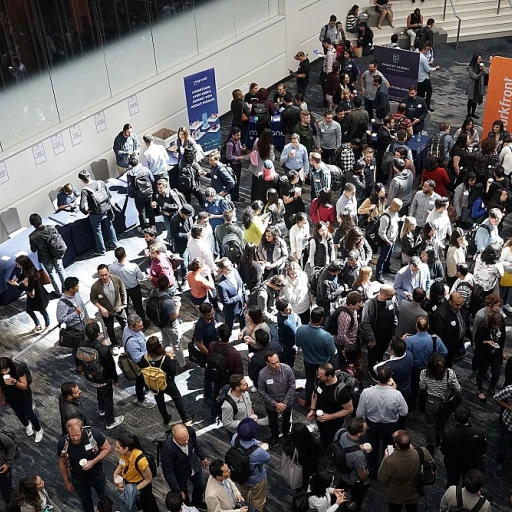
Understanding Learned Helplessness and Fixed Mindset
Decoding Patterns of Thought that Hold Us Back
Learned helplessness and a fixed mindset are concepts deeply rooted in our understanding of personal achievement and mental resilience, especially when it comes to upskilling. Both can significantly hinder our ability to progress and evolve in any learning or professional endeavor. But what exactly are these concepts, and how do they play out in real-life scenarios?
Learned helplessness is a psychological phenomenon wherein individuals come to believe they lack control over their situations, often as a result of repeated exposure to adverse events. This belief stops people from striving for better outcomes even when opportunities for change are available. It impacts our mental well-being, dampening motivation and fostering a sense of defeated acceptance.
On the flip side, a fixed mindset is a belief that one's abilities and intelligence are static and cannot be changed. This perspective can loom over us like a cloud, limiting student performance, personal growth, and the pursuit of ambitious goals. It is a stark contrast to a growth mindset, which embraces challenges and believes in the development of skills through hard work and effort.
These mindsets affect people in various stages of their lives. Students in particular often harbor fixed mindsets about their capabilities in subjects like math, thinking they either have a natural talent or a lack of ability. Such beliefs can have a detrimental effect on their grades and willingness to tackle difficult subjects.
When we reflect on how these mindsets impact upskilling, it becomes clear that they can block our paths to acquiring new skills and embracing challenges. The effects are not confined to individuals alone but influence the broader outcomes of teams and organizations. Recognizing the signs early on is crucial to initiating a shift towards a mindset of growth and continuous improvement, ensuring that each learning journey is met with an open mind.
Understanding and identifying these hindrances are the first steps in overcoming the psychological barriers that impede upskilling efforts. Exploring self-organized learning approaches can further illustrate how shifting these mindsets can transform personal and collective learning landscapes.
The Impact on Upskilling Efforts
The Consequences on Skill Advancement
In the realm of upskilling, the effects of a fixed mindset and learned helplessness can be profoundly hindering. When individuals succumb to the notion that their abilities are static or unchangeable, their pursuit of skill development becomes stymied. This psychological barrier not only limits the achievement of personal goals but also obstructs the path to growth, potentially leading to a decline in both performance and mental health. A fixed mindset, often defined by the belief that talents and intelligence are innate, discourages students and professionals from taking on challenges. This mindset can manifest in students perceiving a poor grade as a confirmation of their lack of ability, rather than an opportunity to learn from mistakes and improve through effort. The fear of failure becomes a significant part of their thought process, making it difficult to adopt a growth mindset that embraces the potential for enhancement through dedication and hard work. For those seeking to improve their skills, the ramifications of failing to address a fixed mindset can be seen in various developmental areas. People work less effectively toward mastering new challenges or adapting to rapidly evolving job requirements, missing out on the benefits gained from confronting and overcoming difficulties. Moreover, the environment plays a crucial role: the encouragement of growth mindsets within educational institutions and professional settings can lead to improved outcomes. When individuals recognize that their capabilities can be nurtured through persistent effort and the right strategies, they are more likely to engage in continuous learning. To read more on how corporate education can advance skill development, explore our article on enhancing skills through corporate education.Recognizing Signs and Symptoms
Identifying Warning Signs
Recognizing when learned helplessness and a fixed mindset are influencing your learning journey can be the first step towards growth. It's essential to be vigilant about the subtle cues that might indicate resistance to adopting a healthier mindset.Subtle Behavioral Cues
Individuals stuck in fixed mindsets often show a reluctance to take on new challenges. This might be due to a constant fear of failure, where the perceived risk of attempting something outside one's comfort zone overshadows the thrill of achievement. A lack of effort despite having the ability can be indicative of learned helplessness. Students, for example, may experience low performance in areas where they previously received poor grades, assuming that their skills cannot improve, irrespective of how hard they work.Discomfort with Feedback
Receiving constructive feedback is a critical part of learning and skill development. If you find yourself consistently refusing feedback or feeling defensive when it's given, it might be a sign of a fixed mindset. This attitude can prevent people from seeing feedback as an opportunity for growth.Inconsistent Achievement Across Tasks
A clear discrepancy between effort and performance could signal psychological barriers at play. For instance, a student excelling consistently in math one term and struggling the next, without understandable reasons, might be facing the effects of an unproductive mindset. These encounters halt growth and impair mental health.Mindset Beliefs and Motivation
Those with growth mindsets understand that hard work is essential to mastering new skills and achieving long-term goals. Being able to spot limitations in self-belief helps uncover the aspects of mindset where positive change can make the most difference. Similarly, recognizing mindset growth can support students in maximizing their potential. Exploring alternatives may require significant effort, but such efforts often lead to success. Recognizing such signs is crucial, and addressing these mindsets can involve exploring alternatives tailored to empower growth and learning. It's important to be aware of potential hurdles, as these psychological barriers can be overcome, enhancing your capacity for upskilling and lifelong learning.Strategies to Overcome Psychological Barriers
Practical Approaches for Overcoming Challenges
The journey to overcome learned helplessness and a fixed mindset demands a tailored approach for each individual. As people work to transition from a fixed mindset to a growth mindset, the strategies they employ will significantly impact their personal and professional development. Here are some key strategies:- Cultivating Awareness: Recognizing signs and symptoms of learned helplessness and a fixed mindset is the first step towards change. Encouraging self-awareness about one's mental patterns can help individuals identify moments when they fear failure or doubt their ability.
- Setting Realistic Goals: Setting achievable goals enables individuals to concentrate on progress rather than immediate success. This approach fosters a mindset belief that ability can be developed through effort and hard work. Goal setting can prove particularly useful for students aiming to improve their grades or performance in particular subjects, like math.
- Embracing Challenges: Introducing oneself to new challenges encourages learning and adaptation. When individuals view challenges as opportunities for growth rather than threats, they are more likely to develop mindsets that value hard work and perseverance. Students, for instance, ought to be encouraged to see beyond grades, focusing instead on learning and applying new skills.
- Promoting Effort Over Ability: Acknowledging hard work instead of solely focusing on innate ability can break the cycle of learned helplessness. Acknowledging effort can shift a fixed mindset to a mindset growth, leading to improved mental health and better coping strategies during setbacks.
- Feedback and Reflection: Constructive feedback plays a critical role in helping individuals grow. Encouraging students to reflect on feedback, and understand what it means for their skills and performance, can steer them towards a growth mindset. This process nurtures the belief in continuous improvement and the power to overcome learned limitations.
Success Stories and Case Studies
Empowering Through Real-Life Examples
Stories of those who have successfully overcome psychological barriers can serve as powerful reminders of the potential within us all. Let's dive into some real-life examples illustrating how individuals have triumphed over learned helplessness and a fixed mindset in their upskilling journeys. Consider a student who struggled with a fixed mindset, believing their grades reflected innate ability rather than their effort. This belief often leads to fear of failure and a reluctance to embrace challenges. However, when this student discovered the principles of growth mindset—where the focus is on hard work and learning—they began to view setbacks as opportunities to grow. By shifting their mindset belief, their performance significantly improved, highlighting the profound effects mindset can have on one's willingness to work hard. Another case involves a professional who initially felt stuck in a position due to what they perceived as a lack of ability in certain skills. Encountering Carol Dweck's work on mindset growth, this individual recognized the importance of effort over inherent talent. By investing in skills development and persisting through challenges, they experienced career growth that once seemed unattainable. In the realm of corporate settings, numerous companies have adopted initiatives aimed at fostering growth mindsets among employees. This has often led to a more resilient workforce willing to tackle new technologies and methods. Organizations focusing on mental health and creating environments where learning is encouraged see a decrease in learned helplessness and an increase in productivity. These success stories demonstrate not only personal transformation but also the broad impact of adopting a growth mindset. They remind us that embracing challenges, putting in effort, and valuing learning over grades play key roles in overcoming fixed mindsets and fostering continuous growth.Resources and Tools for Continuous Growth
Continuous Learning Resources and Tools
To effectively overcome the challenges of a fixed mindset or learned helplessness, and to truly embrace growth, accessing the right resources and tools is essential.- Online Courses: Numerous platforms offer courses to foster growth mindsets and improve skills. Websites dedicated to personal and professional development can provide students and professionals alike the resources to attain their goals.
- Books and Literature: Reading materials from psychologists and educators on mindset transformations can be beneficial. Consider works that explore the impact of hard work and challenges on personal and mental health.
- Workshops and Seminars: Engage in community or corporate-sponsored events. These settings allow learners to overcome fear of failure by interacting with peers.
- Mindset Coaching: Partnering with mindset growth coaches can provide personalized guidance. They help students navigate the fears surrounding performance, efforts, and grades.
- Educational Apps: There are mobile applications designed to support mindset shifts and to encourage continuous learning habits.
- Peer Groups and Forums: Participate in online forums or study groups where growth strategies are shared, and individuals encourage each other's learning journeys.

